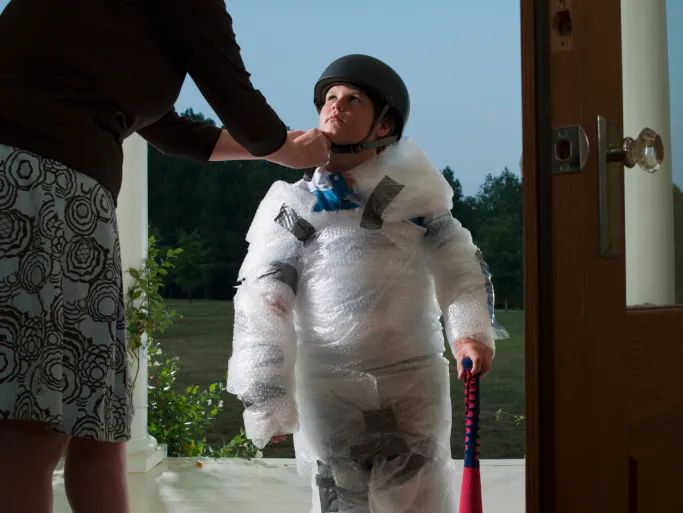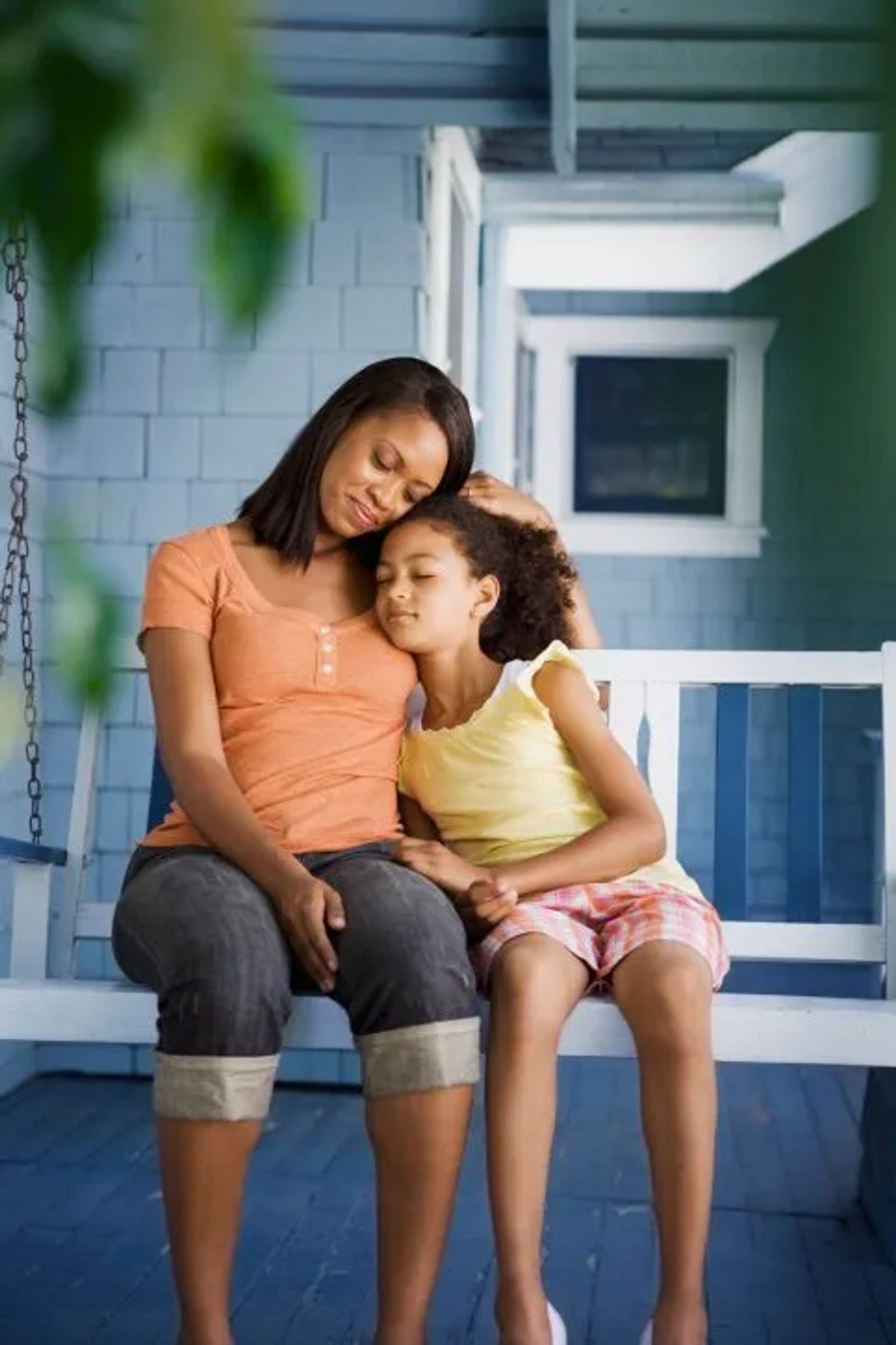How to Protect Your Sensitive Child
In a world where bullying is an ever-increasing headline, some forms of physical and emotional pain are inevitable. If I could protect my child, would I? It’s a difficult question to answer. As I gaze down at my ten-month-old son, sleeping in my arms, of course I wish I could protect him from ever hurting. I try my best to keep him safe and loved for almost every moment of the day (and even then, I occasionally bump his head, or lose my patience and react sharply to him).

However, there will come a time when he is not in my arms all the time. I know he will need to have more and more experiences separate from me in order to grow and mature. With distance come even more opportunities for others and situations to cause him pain. Maybe I could wrap him in bubble wrap before he goes to his first day of school, so he can’t get physically hurt. But then, that would only protect him physically. How can I protect him emotionally?

In “Understanding the Special Sensitivities of Today’s Children“ Maureen Bright helps parents know there is one thing you can do to protect your child from pain: be a “shield”. Actually, it’s not really a protection from ever experiencing pain, but it is a way to help your child with the impact of that pain. How can you be a shield? The simplest way to explain it is to be what John Gottman calls an “Emotion Coach” in his book “Raising an Emotionally Intelligent Child.” This means being emotionally present and validating your child, as well as giving them guidance on how to handle difficult feelings. When he/she comes to you crying (even if it seems like something that is “not that big of a deal”), repeat to your child what you are hearing them say. It can be as easy as reflecting back to them what you have heard and then explaining the feeling you believe they are having. For example, “So, Taylor and Cameron told you they didn’t want to play with you today at recess, and that really made you mad. Sounds like you are also sad about that.”
 The secret to being your child’s shield from emotional harm is that you don’t want to talk them out of the pain. It’s a common instinct to want to say “It’s fine, Honey. Don’t worry about it”. However, that is invalidating and can cause your child to feel like 1) their feelings were somehow “wrong,” and 2) they shouldn’t ever bring those feelings up to you again, because you will just talk them out of them. In fact, many child psychologists and authors on the topic emphasize that it is more helpful to join a child in their feelings (reflecting those feelings back to the child), while refraining from versions of “don’t feel that way.” Sit with your child and be willing to share in their anger or sadness, and then you can offer some short guidance on how to handle such feelings (ie. “When I feel sad, I like to see if I can find another friend to play with so I can feel better).
The secret to being your child’s shield from emotional harm is that you don’t want to talk them out of the pain. It’s a common instinct to want to say “It’s fine, Honey. Don’t worry about it”. However, that is invalidating and can cause your child to feel like 1) their feelings were somehow “wrong,” and 2) they shouldn’t ever bring those feelings up to you again, because you will just talk them out of them. In fact, many child psychologists and authors on the topic emphasize that it is more helpful to join a child in their feelings (reflecting those feelings back to the child), while refraining from versions of “don’t feel that way.” Sit with your child and be willing to share in their anger or sadness, and then you can offer some short guidance on how to handle such feelings (ie. “When I feel sad, I like to see if I can find another friend to play with so I can feel better).

What difference can this parenting style make for children? According to John Gottman:
“Children whose parents consistently practice emotion coaching (reflecting and validation, along with guidance on how to work through those emotions), have better physical health and score higher academically than children whose parents don’t offer such guidance. These kids get along better with friends, have fewer behavior problems, and are less prone to acts of violence. Over all, children who are Emotion-Coached experience fewer negative feelings and more positive feelings. In short, they’re more emotionally healthy. (Raising an Emotionally Intelligent Child, p. 25)




















